SXSW doc report: 'The Dwarvenaut' reveals charming character behind a Dungeons & Dragons empire3/23/2016
Director Josh Bishop on artist Stefan Pokorny: "There’s something magic about that dude"
As a small child Stefan Pokorny was adopted from an orphanage in Korea. But his new American family rejected him -- they felt he didn't "click" with his other sibling.
Apparently it was meant to be because Pokorny wound up being adopted by a cultured New York couple who would nurture his nascent interest in art -- an interest that later developed into a remarkable career, much of it absorbed with the world of the fantasy role-playing game Dungeons & Dragons. This guy isn’t a nerd. He isn’t a geek. This is a true through-and-through artist in his core and he’s using Dungeons & Dragons almost like a painter would use a paintbrush.
Such is the devotion of the D&D community to the game -- and to Pokorny's skill in rendering its world in miniaturized form -- that he has raised millions of dollars on Kickstarter to realize his artistic projects.
Pokorny -- and his long-shot attempt to pull off his biggest Kickstarter campaign yet -- is the subject of the documentary The Dwarvenaut directed by Josh Bishop, which just premiered at the SXSW festival in Austin, Texas.
Nonfictionfilm.com spoke with Bishop at SXSW about the documentary and his relationship with Pokorny. He said their introduction came via mutual friend Nate Taylor, Creative Director at Pokorny's company, Dwarven Forge [Taylor produced The Dwarvenaut].
Josh Bishop: We [Stefan and I] bonded pretty much immediately. It was like meeting an old friend. We’re both Black Sabbath fans, which he loves to tout, we’re like “brothers in Sabbath.” But also our lives have had similarities. We found immediate common ground and just bonded. So it was very easy to access his emotional being. I had a good understanding of who he was and I was able to utilize that. So it was great. Nonfictionfilm.com I found Stefan utterly charming and endearing. He has this very child-like innocence about him. JB: It dawned on me immediately that this guy isn’t a nerd. He isn’t a geek. This is a true through-and-through artist in his core and he’s using Dungeons & Dragons almost like a painter would use a paintbrush. Dungeons & Dragons really is his medium. And he's been able to excel and turn this concept of this role-playing game literally into a vehicle for artistic expression.
JB: If you believe in spirituality the guy is surrounded by angels. He was plucked from an orphanage in Korea and given the opportunity to inspire others. There’s something magic about that dude. There’s a magic surrounding that guy that you can feel. Sometimes it’s chaos too, though, and the chaos can not feel like magic.
NFF: It's remarkable to me that he overcame his initial adoption experience when he was rejected by that first family. He was old enough to be conscious of what was going on. And then he winds up with this couple that really values him, and the arts. JB: His parents [the Pokornys] really loved him and he was treated very well and he realizes this. He did come from an orphanage background but he was brought into an almost upper-middle class family in New York and was treated very, very well and his parents really took care of him. The reason why I think he wasn’t a basket case is that he was able to heal [from his first adoption]. He had loving, caring parents who made it to where that wasn’t as big of an issue to him... I think a lot of orphans probably go through that, where they feel worthless because, “What, my parents didn’t want me.”
NFF: The film can be taken on different levels -- by serious D&D fans, or at the level of a story of someone who overcame significant hurdles.
JB: The comment that I get [from viewers] that keeps coming back over and over again is, "That is not what I expected." Because everyone goes into this film thinking that they’re going to watch a movie about nerd culture, you know. And that’s not what the movie is about. It becomes quickly apparent that it’s a movie about a multi-layered personality and an artist. I think there’s a sensitivity to Stefan that people respond to and I think that there are some heart strings that are pulled in the film that most people probably aren’t expecting. NFF: Stefan says of Dungeons & Dragons, "The game reveals character." Did you find that to be true from what you observed? JB: Yes. Because oftentimes they would have played a game the night before when I wasn’t around then they would be telling me what happened. That game — you’re taking on a role, you’re stepping into a character and you’re acting like someone else but you’re making it up as you go along so you’re using kind of like your persona — you really see people character’s come out in that game... Maybe things like thoughts or feelings that people would keep below the surface in your day to day life, that stuff comes out when you’re playing this game because it’s like, "Now I can do that. Now I can wield a sword and go kill someone." You know, in the game, obviously.
NFF: Stefan's fondness for beer, which we see in the film, is kind of hilarious. But do you have any concerns about his level of alcohol consumption?
JB: Sometimes Stefan has worried me in the past. However, he always pulls through and he's always there. It also should be said that he was dealing with his mother’s death while we were shooting. His mom had literally just died like a couple months before. So last year was a hell ride for him emotionally. He’s not always like that... To be honest there’s aspects about Stefan that concern me. Some of the people around him I don’t trust all of the time. He can get himself into some situations that are precarious. NFF: As a viewer you feel the urge to protect him. JB: I hope it comes across this way, remaining objective but also I think you can tell that we’re rooting for him and for his wellbeing in the movie. And that’s something that I felt was necessary to do, but in an objective way. He really wanted to be Caravaggio. He wanted to be an Italian master.
NFF: What do you think of Stefan's earlier artwork that was not related to Dungeons & Dragons? To me it was quite stunning.
JB: He’s amazing. That’s the thing. He’s a classically trained artist — and a good one. I love that stuff. Think of it this way— that’s literally his early work, so that’s Stefan as an early artist who hasn’t been fully formed yet. He really wanted to be Caravaggio. He wanted to be an Italian master. That’s what he wanted as a child. “I’m going to be like Caravaggio. I’m going to be like Michelangelo. I want to be able to do that.” And he achieved that pretty early in life. But the market’s not there for it. That’s what he found at the time... How creative, how amazingly innovative is it to take those skills and to do with that stuff that he learned — that serious skill — and then take it and put it into something like Dungeons & Dragons, which is really just fun.
NFF: Stefan and his team have raised over $6 million in Kickstarter campaigns, a pretty remarkable sum. You show them in the midst of one of their campaigns.
JB: They definitely run incredible Kickstarter campaigns and they know how to do that very, very, very well. It’s a lot of work. I mean running a Kickstarter campaign is not easy, as you can see in the film. But he was able to tap into his core fan base which already existed, because the company [Dwarven Forge] has been around since 1996, so as the times changed he was smart enough to go, “I can capitalize on my fans.” NFF: How did the process of getting to know Stefan or making the film change you as a person? JB: I learned a lot through watching him. He travels to all these conventions, he goes to all these places and it's just kind of stream of consciousness for this guy… I kind of used him as an example for myself, like just stop trying to understand everything. Just go do the task. Get it done, like he says in the film. He says, “I’d be paralyzed if I had to worry about all the things that are actually there for me to worry about. I’d be paralyzed. I would never get anything done.” NFF: I wrote down a quote from Stefan in the movie. He says, “I’m extremely stressed out but I’m having a great time.” I love that. JB: That’s Stefan in a nutshell. He always has a great time. Somehow he doesn’t have meltdowns. He doesn’t melt down. He doesn’t have anxiety really that’s like super -- that consumes him. He’s just always ready to go like, “Let’s go do this.” |
AuthorMatthew Carey is a documentary filmmaker and journalist. His work has appeared on Deadline.com, CNN, CNN.com, TheWrap.com, NBCNews.com and in Documentary magazine. |
- Home
- News
- Videos
-
Galleries
- 2019 Tribeca Film Festival
- Full Frame Documentary Film Festival
- 2019 SXSW Film Festival
- SXSW 2018 Gallery
- 2019 Sundance Film Festival
- Outfest 2018 Photo Gallery
- Outfest 2017
- Sundance 2018 Photos
- 2017 LA Film Festival
- 2017 Cannes Film Festival
- Tribeca Film Festival 2017
- SXSW 2017 Gallery
- 2017 Berlin Film Festival
- Sundance 2017 Gallery
- 2016 Los Angeles Film Festival
- Cannes Film Festival 2016
- SXSW 2016 Gallery
- Berlinale 2016 Gallery
- Sundance 2016 Gallery
- Filmmaker Gallery
- About
- Contact
Proudly powered by Weebly
- Home
- News
- Videos
-
Galleries
- 2019 Tribeca Film Festival
- Full Frame Documentary Film Festival
- 2019 SXSW Film Festival
- SXSW 2018 Gallery
- 2019 Sundance Film Festival
- Outfest 2018 Photo Gallery
- Outfest 2017
- Sundance 2018 Photos
- 2017 LA Film Festival
- 2017 Cannes Film Festival
- Tribeca Film Festival 2017
- SXSW 2017 Gallery
- 2017 Berlin Film Festival
- Sundance 2017 Gallery
- 2016 Los Angeles Film Festival
- Cannes Film Festival 2016
- SXSW 2016 Gallery
- Berlinale 2016 Gallery
- Sundance 2016 Gallery
- Filmmaker Gallery
- About
- Contact

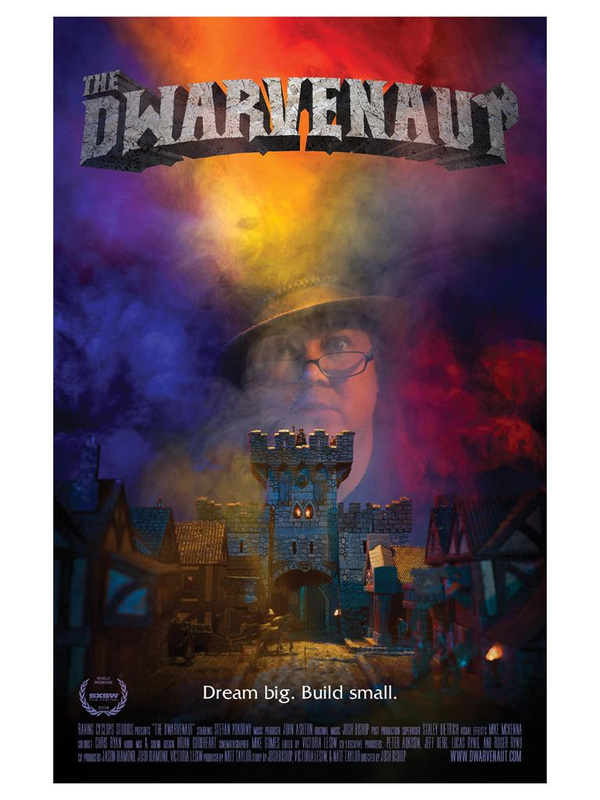
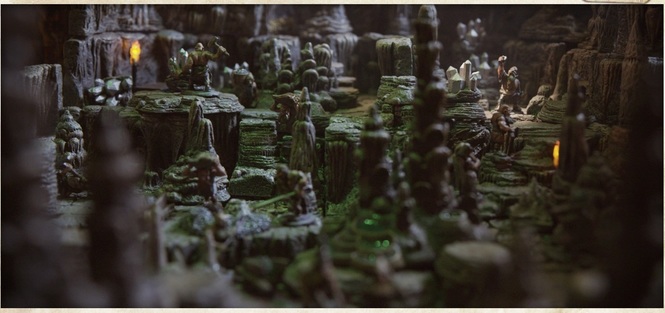
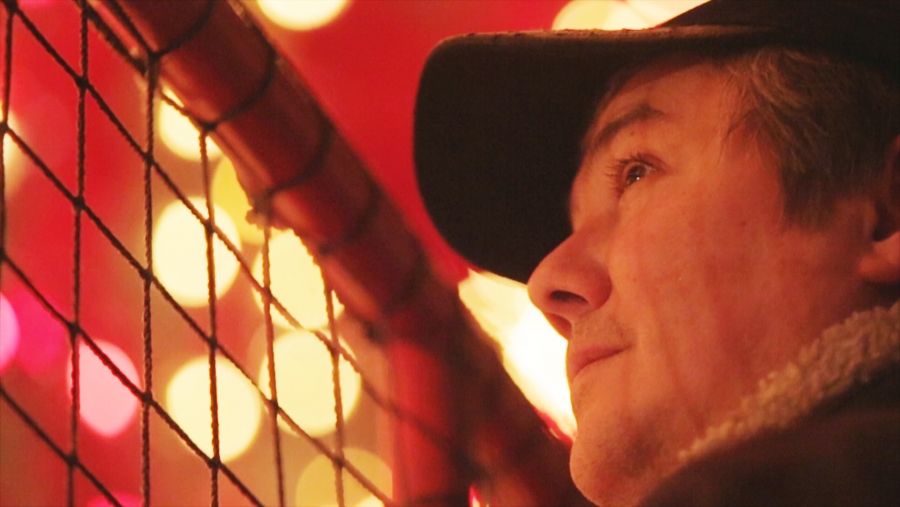
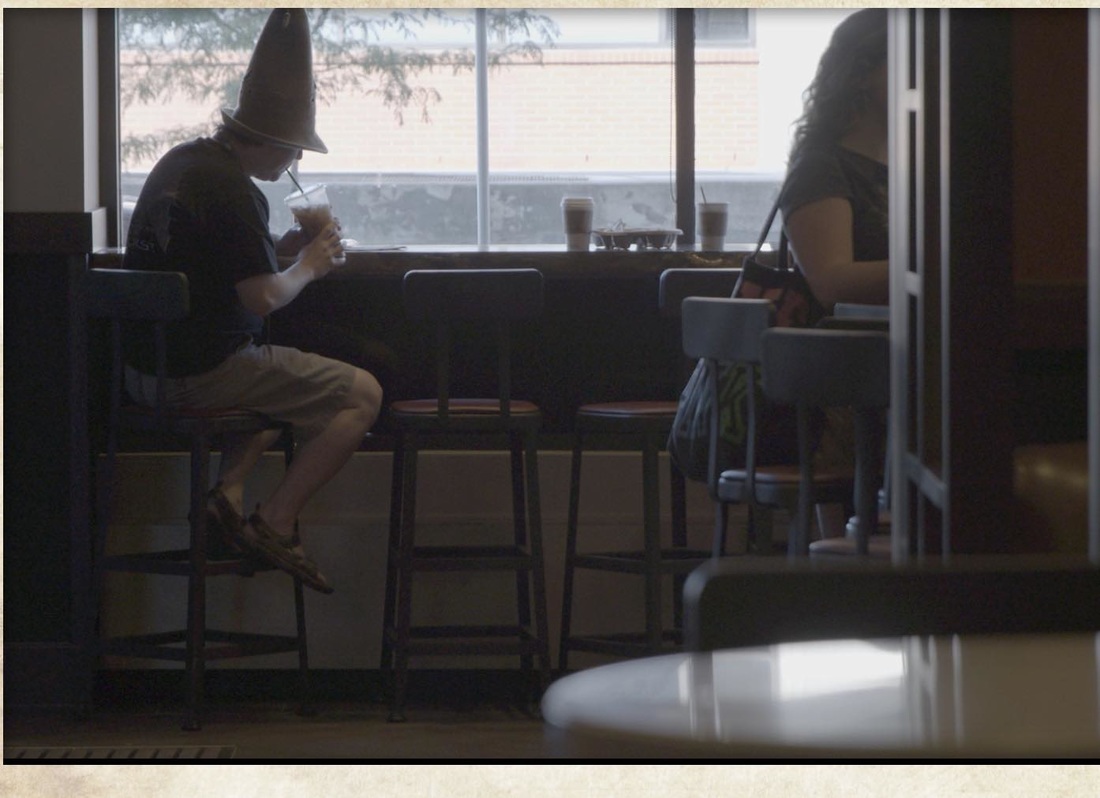
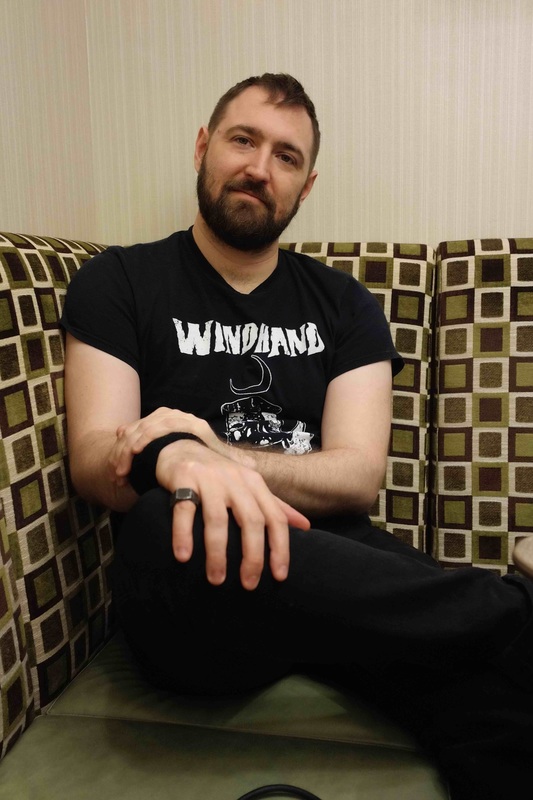
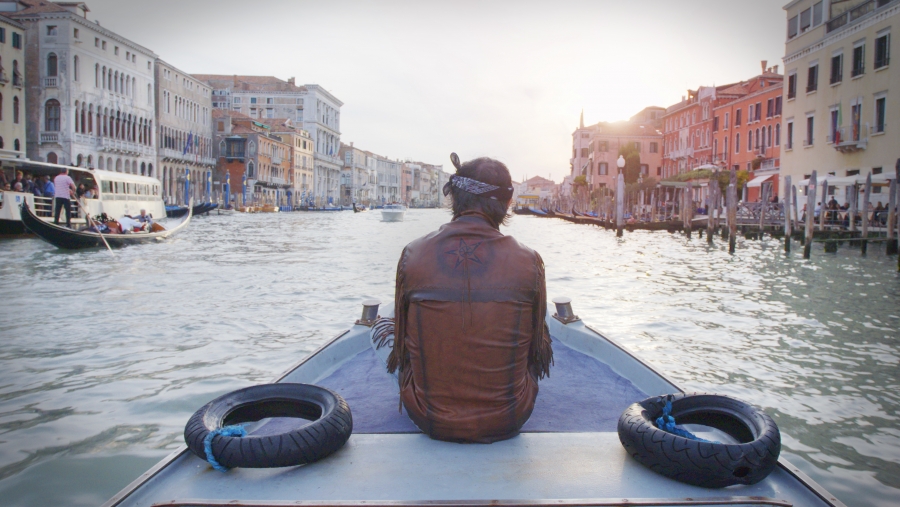
 RSS Feed
RSS Feed